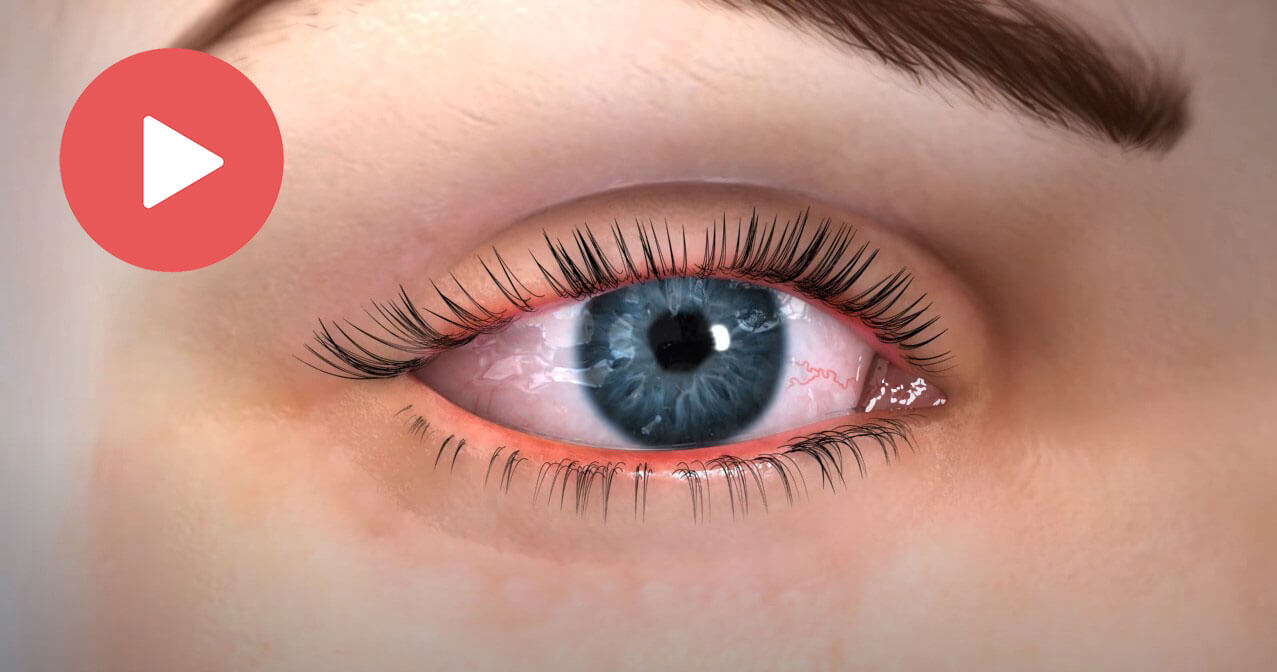All Categories
Featured

While the majority of people understand the relevance of protecting their skin from the sun, the harmful effects of ultraviolet (UV) rays on eye health usually go forgotten. However, excessive direct exposure to UV radiation can result in a variety of eye troubles, some of which can cause long-term damages. Whether you're absorbing the sunlight on a summer season day or strolling outdoors on a cloudy afternoon, safeguarding your eyes from UV rays is crucial. Right here's what you require to learn about the effects of UV radiation on your eyes and just how to protect them.
What Are UV Rays? UV rays are a kind of electro-magnetic radiation produced by the sun. They are categorized into 3 types:
UVA Rays: These penetrate deep right into the skin and eyes and can add to long-lasting damage. UVB Rays: These rays are much more intense than UVA and are mainly in charge of surface-level damage to the eyes and skin. UVC Rays: These are one of the most harmful but are primarily taken in by the Planet's ozone layer and don't normally reach us. UVA and UVB rays are the main culprits behind eye-related damage.
Short-Term Impacts of UV Direct Exposure on the Eyes. Even short-term direct exposure to extreme UV rays can harm your eyes. One usual problem created by this is photokeratitis, or "sunburn of the eye." Signs of photokeratitis consist of:
Painful, red eyes. Level of sensitivity to light. Tearing or too much watering. Temporary vision loss or blurry vision. Photokeratitis is normally momentary, however it functions as a warning of just how harmful UV exposure can be, even in tiny doses.
Long-Term Results of UV Direct Exposure. Prolonged exposure to UV radiation can result in more major and permanent eye conditions, such as:
Cataracts: UV rays can speed up the development of cataracts, a condition that creates clouding of the eye's all-natural lens, resulting in fuzzy vision and, if neglected, loss of sight.

Macular Degeneration: UV direct exposure can damage the retina, especially the macula, boosting the danger of age-related macular degeneration (AMD), which influences central vision.
Pterygium: A development of cells on the white component of the eye that can expand over the cornea, creating discomfort, inflammation, and vision troubles.
Pinguecula: UV exposure can cause yellow-colored deposits to create on the conjunctiva, resulting in irritation and dry skin.
Skin Cancer Cells Around the Eyes: The delicate skin bordering your eyes is very vulnerable to UV radiation, enhancing the risk of skin cancers cells like basic cell carcinoma and squamous cell cancer.
Exactly How to Safeguard Your Eyes from UV Rays. Safeguarding your eyes from UV rays is simple and needs a couple of conscious habits:
Purchase Top Quality Sun glasses: Pick sunglasses that block 100% of UVA and UVB rays. Seek tags that specify "UV 400" security. Wrap-around designs are optimal as they block UV rays from the sides too.
Put On a Wide-Brimmed Hat: A hat with a brim at the very least three inches wide can significantly lower UV direct exposure to your eyes and face.
Limit Direct Exposure During Peak Hours: UV rays are strongest in between 10 a.m. and 4 p.m. If you should be outdoors throughout these hours, see to it you're adequately shielded.
Don't Be Deceived by Clouds: UV rays can permeate through clouds, so it's essential to use sunglasses also on overcast days.
Protect Your Eyes Year-Round: Snow, sand, and water can show UV rays, magnifying their impacts. Eye protection isn't just for warm summer season days-- guarantee you're covered in all periods.
Usage UV-Blocking Contact Lenses: Many call lenses currently include UV defense. If you wear get in touches with, ask your ophthalmologist regarding lenses with integrated UV filters for added defense.
Motivate Eye Security for Kid: Kid's eyes are much more sensitive to UV rays because their lenses are clearer, permitting even more radiation to reach the retina. Make certain they put on sunglasses and hats during exterior activities.
Normal Eye Examinations. Regular check-ups with an eye care professional are essential for very early discovery of any kind of UV-related damage. An optometrist or eye doctor can examine your eyes, advise safety measures, and detect problems like cataracts or macular deterioration early.
Conclusion. By putting on UV-blocking sunglasses, limiting sun exposure throughout peak hours, and staying regular with eye exams, you can ensure your eyes stay healthy and balanced and your vision stays clear for years to come. Safeguarding your eyes from UV radiation isn't simply about comfort-- it's a vital step in maintaining your lasting eye health.
Latest Posts
Game Time & Good Times: Delighted Hour at Fanatics Sportsbook
Full Circle Strategic Marketing - Modern Website Design That Converts Visitors into Customers
Low-Cost Car Services: Professional Repairs Without Breaking the Bank
More
Latest Posts
Game Time & Good Times: Delighted Hour at Fanatics Sportsbook
Full Circle Strategic Marketing - Modern Website Design That Converts Visitors into Customers
Low-Cost Car Services: Professional Repairs Without Breaking the Bank